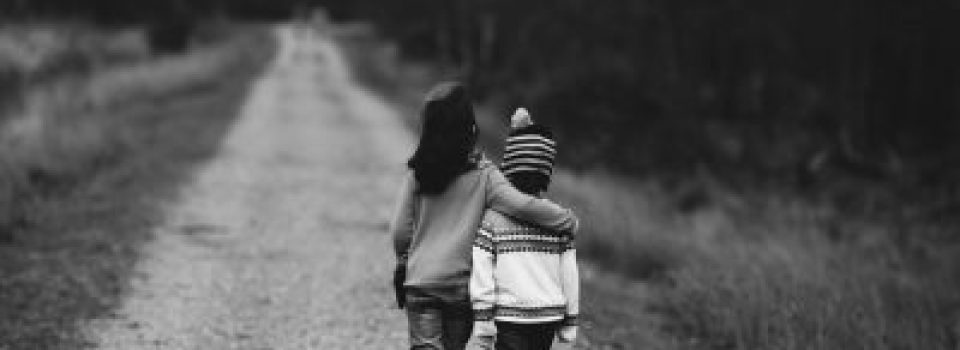Years ago (so many years I don’t remember who or why) someone asked me a question I keep with me: To whom are you responsible, to who and what do you belong?
I carry this question with me because it reminds me to reflect on where I am in the world and who and what I’m serving, what communities and individuals I’m connecting myself with, and how I’m nurturing bonds. When I’ve been lost or confused it’s helped me re-ground and re-connect myself.
As a woman who grew up being taught to sacrifice her well-being for the convenience of others, it also reminds me that I belong to myself. Responding to that is one of my fundamental responsibilities.
And I carry this question because the way it was originally asked – To whom do you belong? – has a very difficult, very painful historical edge. For far too many of my loved ones, for far too many in our communities, the question of who the world says you belong to is quite literally a part of their recent family histories. And so this question reminds me of the history and continuing effects of oppression in our world, how it shapes our understandings and perceptions, and my ongoing responsibilities and commitments to respond to that.
In the same vein, I’ve added a couple more questions for myself over the past several years: To whom does our faith, Unitarian Universalism, belong? To whom does this congregation belong?
Over the past several months this congregation has begun reflecting on what these questions imply as we work on discerning what welcoming, radical hospitality, and pre-emptive radical inclusion mean in this context. This connects with WUUC’s history of discerning your ministry with each other and in the wider community, including your work on racial justice, LGTBQIA+ rights, and being a loving community.
As we enter October, our monthly theme is Belonging. Questions and concerns have been coming to me about what belonging means, who belongs, and how we talk with each other.
In their workshop on Preemptive Radical Inclusion, CB Beal asked us to begin our work on inclusion and belonging with noticing. CB asked us to notice what we think and feel, to wonder why we think and feel that, and to ask ourselves what that tells us about what we believe. They also invited us to create safer and braver space by making room to listen to each other differently; noticing that we all make mistakes and cause each other harm because of our ignorance, power, or privilege; and noticing the impact of our mistakes, apologizing, and making amends without making that more important than another’s hurt.
These things – noticing; creating safer and braver space; creating room to make mistakes, room for feelings, room to acknowledge impacts and make amends; and leaning into discomfort – are all part of creating space for greater belonging. And so, as we move through October I invite you to wonder:
- What am I thinking and feeling? Why is that? What does it tell me about what I believe?
- Who is being served by the decisions we’re making about space, our processes, and the things that tell us how to be together?
- What and whose needs are we addressing and centering?
- If that’s hurting some people or pushing them out, particularly if they have less power in this situation or place, what can I do to address that?
The way we live and how we are together says much about what we truly believe and value. And this ministry of finding ever-greater congruence and showing Love more fully and deeply in the world is a blessing.
Love and Blessings,
Rev. Diana

